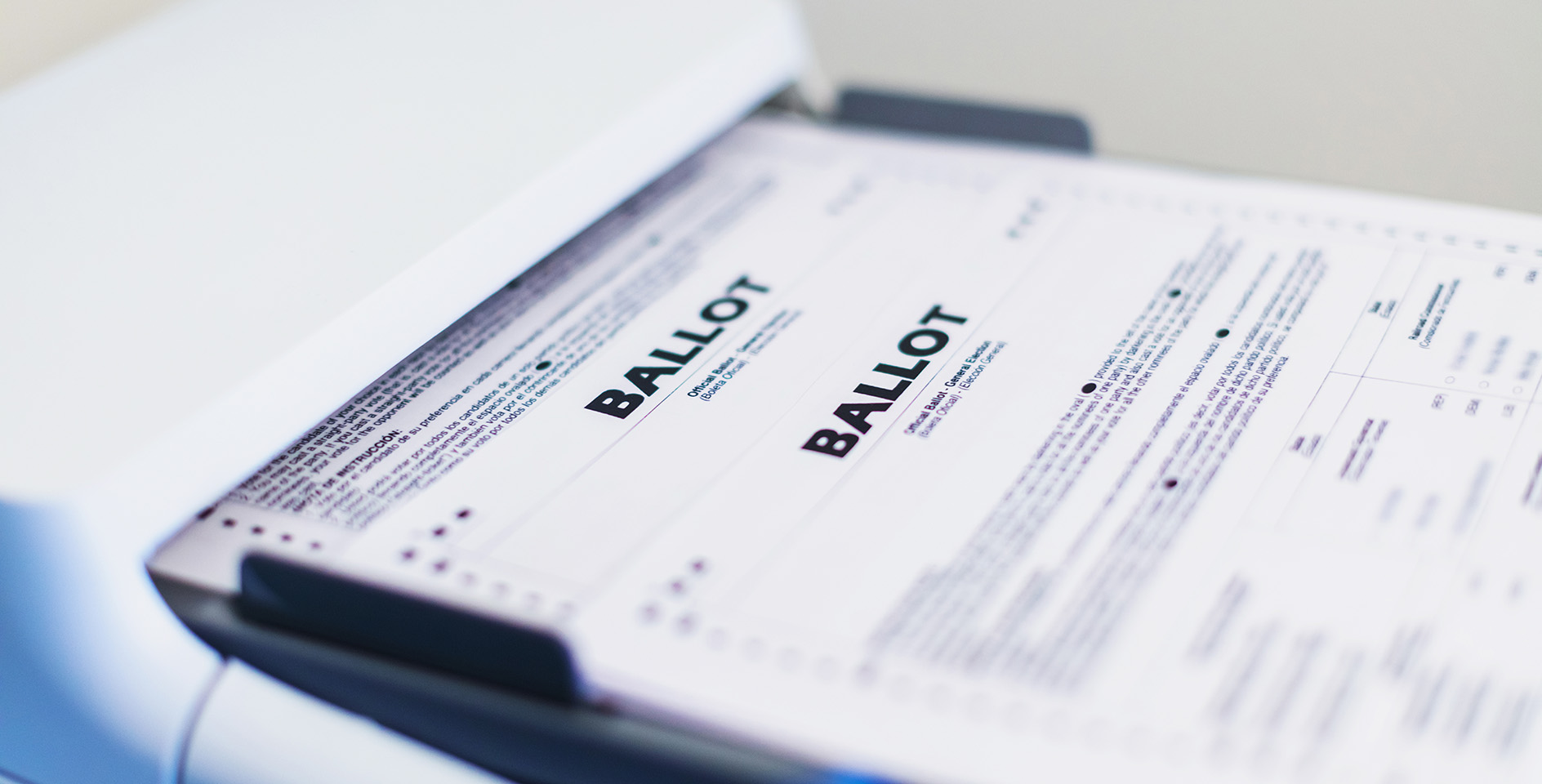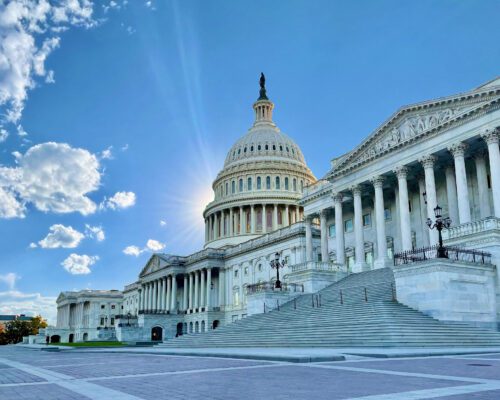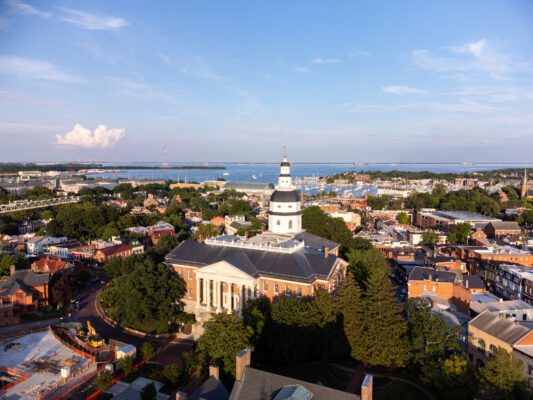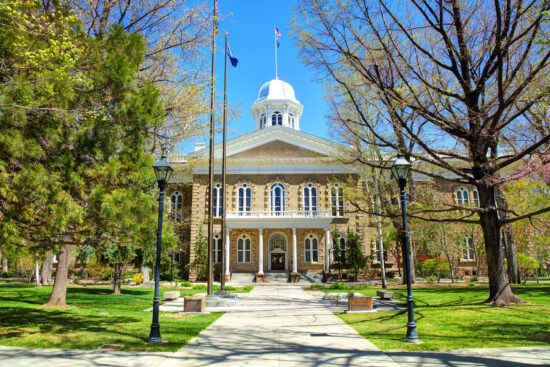During the recent midterm election, voters across the country voted on more than 100 ballot initiatives, several of which affect a number of social issues. Here are some of the main decisions on issues of special concern to ERLC.
Initiatives related to abortion
Five states had initiatives that were related to adding or removing restrictions on abortion.
California — Pro-abortion | Passed
Proposition 1 amends the state constitution to prohibit the state from interfering with or denying an individual’s reproductive freedom, which is defined to include a right to an abortion and a right to contraceptives.
Kentucky — Pro-life | Failed
Amendment 2 supported amending the Kentucky Constitution to state that nothing in the state constitution creates a right to abortion or requires government funding for abortion. This measure would have prohibited Kentucky courts from interpreting the state constitution in a way that requires protecting abortion or state funding for abortion.
Michigan — Pro-abortion | Passed
Michigan Proposal 3, the Right to Reproductive Freedom Initiative, provides a state constitutional right to “reproductive freedom, which is defined as ‘the right to make and effectuate decisions about all matters relating to pregnancy, including but not limited to prenatal care, childbirth, postpartum care, contraception, sterilization, abortion care, miscarriage management, and infertility care.’”
Montana — Pro-life | Pending
Montana LR-131, the Medical Care Requirements for Born-Alive Infants Measure, establishes that “infants born alive at any stage of development are legal persons; require medical care to be provided to infants born alive after an induced labor, cesarean section, attempted abortion, or another method; and establish a $50,000 fine and/or 20 years in prison as the maximum penalty for violating the law.”
Vermont — Pro-abortion | Passed
Vermont Proposal 5, the Right to Personal Reproductive Autonomy Amendment, amends the Vermont Constitution to add language protecting the right to “personal reproductive autonomy” and prohibiting government infringement unless justified by a compelling state interest. This initiative further codifies protections for abortion in the state and could be interpreted by state courts to require state funding for abortions, gender transformation surgery, sterilizations (even of minors), and a range of other “reproductive” procedures.
Initiatives related to legalization of marijuana
Five states had initiatives that would legalize recreational use of marijuana.
Arkansas — Failed
Issue 4 would have legalized the possession and use of marijuana by adults 21 and older, and authorized the cultivation and sale of marijuana by licensed commercial facilities.
Maryland — Passed
Question 4 legalized the use of marijuana by adults 21 and older.
Missouri — Passed
Amendment 3 removes existing state prohibitions on marijuana and legalizes the purchase, possession, consumption, use, delivery, manufacture, and sale of marijuana for personal use for adults 21 and older. It also allows individuals with certain marijuana-related offenses to be released from prison, parole, or probation.
North Dakota — Failed
Measure 2 would have legalized the production, processing, sale, and possession of marijuana by adults 21 and older.
South Dakota — Failed
Measure 27 would have legalized the production, processing, sale, and possession of marijuana by adults 21 and older.
Initiatives related to sports betting
Only one state in this election had initiatives related to sports betting.
California — Failed
Proposition 26 would have allowed in-person sports betting at tribal casinos and licensed racetracks. Proposition 27 would have allowed tribes and gambling companies to offer online and mobile sports betting, and imposed a 10% tax on revenue.
Initiatives related to slavery and indentured servitude
Five states had ballot initiative that would change their state constitutions to prohibit slavery and involuntary servitude as punishment for crime.
Alabama — Passed
The Alabama Recompiled Constitution Ratification Question made several changes, including “removing all racist language.” The removed language included: “That no form of slavery shall exist in this state; and there shall not be any involuntary servitude, otherwise than for the punishment of crime, of which the party shall have been duly convicted.”
Louisiana — Failed
Amendment 7 would have removed language from the state constitution that allows involuntary servitude as punishment for a crime; and added language to say that the section of the constitution prohibiting slavery and involuntary servitude “does not apply to the otherwise lawful administration of criminal justice.” State Rep. Edmond Jordan, a Democrat from Baton Rouge and author of the amendment, reportedly asked voters to reject the measure because its wording on the ballot differed from his proposal.
Oregon — Passed
Measure 112 repealed language from the state constitution that allows the use of slavery and involuntary servitude as criminal punishments and added language that authorizes an Oregon court or a probation or parole agency to order alternatives to incarceration for a convicted individual as part of their sentencing.
Tennessee — Passed
Constitutional Amendment 3 amended the state constitution to remove language that allows the use of slavery and involuntary servitude as criminal punishments and replace it with the statement, “Slavery and involuntary servitude are forever prohibited.”
Vermont — Passed
Proposal 2 amends the state constitution to repeal language stating that persons can be held as servants, slaves, or apprentices with the person’s consent or “for the payments of debts, damages, fines, costs, or the like” and adds “slavery and indentured servitude in any form are prohibited.”









